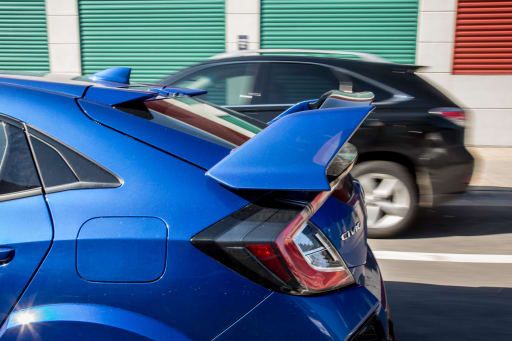
1-888-289-0076

1-888-289-0076

As we step into the future, the automotive industry is undergoing a remarkable transformation, driven by groundbreaking technological advancements and a growing focus on sustainability. The future of autos is a fascinating blend of innovation, efficiency, and environmental consciousness that will reshape the way we commute and interact with vehicles.
One of the key drivers of change in the automotive industry is the rapid development of electric vehicles (EVs). With advancements in battery technology, EVs are becoming more affordable, efficient, and capable of longer ranges. The shift towards electric mobility is not just a trend but a necessity to reduce carbon emissions and combat climate change.
Furthermore, autonomous vehicles (AVs) are revolutionizing the concept of transportation. These vehicles, equipped with advanced sensors and artificial intelligence, have the potential to greatly enhance road safety, reduce traffic congestion, and provide mobility solutions for individuals who are unable to drive. The future of autos will see a gradual transition towards a world where AVs play a significant role in our daily lives.
Connected cars are another crucial aspect of the future of autos. With the advent of the Internet of Things (IoT), vehicles are becoming increasingly connected, enabling seamless communication between cars, infrastructure, and drivers. This connectivity opens up a wide range of possibilities, from real-time traffic updates and predictive maintenance to enhanced safety features and personalized driving experiences.
As the automotive industry embraces innovation, sustainability is taking center stage. Automakers are investing heavily in research and development to create more eco-friendly vehicles. From using renewable materials in manufacturing to implementing efficient energy management systems, the future of autos aims to minimize the environmental impact while maximizing performance and comfort.
In addition to the technological advancements, the future of autos also involves a shift in consumer behavior and preferences. The rise of ride-sharing services, such as Uber and Lyft, has already transformed the way people approach transportation. The concept of car ownership is gradually being replaced by mobility-as-a-service, where individuals have access to a variety of vehicles on-demand, reducing the need for personal vehicle ownership.
Moreover, the future of autos is not limited to just cars. Electric scooters, bicycles, and other micro-mobility solutions are gaining popularity as sustainable alternatives for short-distance travel. These compact and agile vehicles are not only environmentally friendly but also offer convenient transportation options in crowded urban areas.
As we look to the future, it is evident that the automotive industry is evolving at a rapid pace. The future of autos is a promising one, with a focus on innovation, sustainability, and improving the overall transportation experience. From electric and autonomous vehicles to connected cars and alternative mobility solutions, the future of autos is set to revolutionize the way we travel and shape the world we live in.